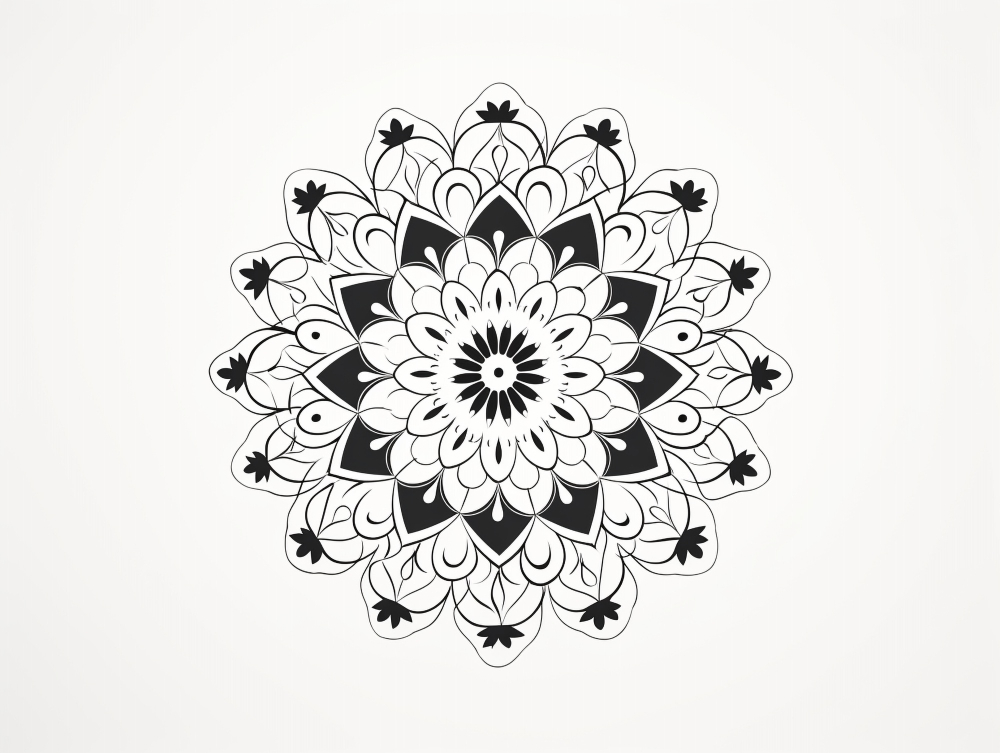In today’s interconnected world, unique cultural terms and traditions often spark curiosity and lead us into fascinating explorations of history, language, and identity. One such intriguing keyword is “Silpuri Guarani.” While the term may not yet be widely recognized in global discourse, it offers us an opportunity to dive into the world of the Guarani people, their heritage, and the evolving modern uses of words that blend traditional identity with contemporary relevance.
This article unpacks the meaning, cultural context, and potential interpretations of Silpuri Guarani, shedding light on how it connects to indigenous identity, spirituality, and even modern global conversations.
Who Are the Guarani?
To understand “Silpuri Guarani,” we must first appreciate the Guarani people themselves.
The Guarani are an indigenous group primarily found in South America, particularly in Paraguay, Brazil, Argentina, and Bolivia. They belong to the larger Tupi-Guarani language family and have maintained a strong cultural presence despite centuries of colonization, missionary influence, and modernization.
Some key points about the Guarani include:
- Language: Guarani is not just a tribal tongue but also one of the official languages of Paraguay. In fact, more than 90% of Paraguayans speak Guarani, making it one of the few indigenous languages widely spoken in a modern nation-state.
- Spirituality: Guarani traditions are deeply tied to nature, rituals, and ancestral wisdom. Their spiritual practices often involve songs, dances, and offerings.
- Cultural Identity: For the Guarani, language and oral traditions form the core of their cultural survival. Storytelling, chants, and sacred rituals are central to passing knowledge across generations.
Breaking Down the Keyword: “Silpuri Guarani”
The keyword itself appears to be a fusion of two terms:
- Silpuri – This term can be interpreted in multiple ways depending on cultural or linguistic context. In some traditions outside South America, “Silpuri” is linked with spiritual cleansing, rituals, or liberation practices. It may also carry phonetic similarities to words in Asian languages related to rites or ceremonies.
- Guarani – As explained, this refers to the indigenous group, their language, and cultural identity.
When combined, “Silpuri Guarani” could be understood as a phrase pointing to:
- A Guarani ritual or cleansing practice (possibly spiritual or healing in nature).
- A modern cultural concept that blends global spiritual influences with Guarani heritage.
- A symbolic phrase used in contemporary art, literature, or even digital platforms to highlight indigenous identity and cultural resilience.
The Spiritual Connection: Rituals and Cleansing
The Guarani people, like many indigenous groups, place high importance on spiritual harmony. Their rituals often include singing, dancing, and connection with the natural environment. These ceremonies are designed to:
- Cleanse the soul of negativity.
- Restore balance between humans and nature.
- Strengthen community ties through shared participation.
If “Silpuri” refers to spiritual cleansing or ritual liberation, then Silpuri Guarani could point to a sacred Guarani ceremony aimed at achieving purification and spiritual renewal. Such a concept resonates with indigenous traditions worldwide, where cleansing rituals help participants reconnect with their true selves and the divine forces of nature.
Guarani Culture in Modern Times
The Guarani people are not only rooted in history but also actively shaping the modern world. The term Silpuri Guarani might represent how indigenous traditions are finding new expressions in today’s society.
Some examples include:
- Music and Art: Guarani songs and instruments are being blended with modern genres, producing unique cultural hybrids.
- Digital Preservation: Online platforms and academic institutions are digitizing Guarani folklore and language. A term like “Silpuri Guarani” could emerge in online discussions about indigenous identity.
- Spiritual Tourism: With rising interest in indigenous wisdom, travelers often seek rituals and experiences tied to cleansing and renewal, possibly marketed under terms resembling “Silpuri Guarani.”
Why “Silpuri Guarani” Matters Today
The relevance of this keyword lies not just in its linguistic curiosity but also in the broader conversation about cultural survival and global respect for indigenous identity.
- Language Preservation: Words like “Silpuri Guarani” encourage curiosity and open conversations about preserving minority languages and traditions.
- Cultural Awareness: By exploring such terms, people outside South America gain insights into Guarani life and values.
- Global Spirituality: Modern seekers often look for wisdom in indigenous rituals. The idea of “Silpuri Guarani” could symbolize a fusion of ancient wisdom with global spirituality.
- Identity and Pride: For indigenous communities, reclaiming and celebrating such terms strengthens cultural pride and resilience in the face of globalization.
Interpretations Beyond Tradition
While the cultural and spiritual meanings are central, Silpuri Guarani could also be interpreted in different contexts, such as:
- Literature or Poetry: The phrase could be used symbolically to represent purity, renewal, or indigenous voice.
- Social Movements: Activists might adopt such terms to highlight the need for respecting indigenous rights, land, and heritage.
- Branding or Media: As indigenous culture increasingly intersects with mainstream platforms, terms like this could appear in films, books, or even sustainable product branding.
Challenges Faced by the Guarani
Any discussion of Guarani culture and identity must also acknowledge the struggles they face today:
- Land Disputes: Guarani communities often face displacement due to agricultural expansion and deforestation.
- Cultural Erosion: Globalization and urban migration threaten traditional practices.
- Economic Struggles: Many Guarani communities lack access to basic resources and economic opportunities.
In this light, “Silpuri Guarani” could also symbolize a call for cleansing injustices faced by indigenous groups and restoring balance to their cultural and social systems.
The Future of “Silpuri Guarani”
Looking ahead, we can expect terms like Silpuri Guarani to gain recognition as symbols of cultural preservation, spiritual renewal, and indigenous identity. Whether in academic research, global spirituality movements, or cultural exchange projects, such keywords can bridge the gap between ancient wisdom and modern exploration.
With the rise of digital storytelling, there is potential for “Silpuri Guarani” to be embraced in documentaries, podcasts, or cultural blogs, ensuring that the Guarani voice continues to reach new audiences.
Conclusion
The phrase “Silpuri Guarani” opens a door into a rich world of meaning, blending ideas of ritual cleansing, spiritual renewal, and indigenous identity. Rooted in the culture of the Guarani people, it highlights how language, tradition, and spirituality remain vital forces even in the face of globalization.














